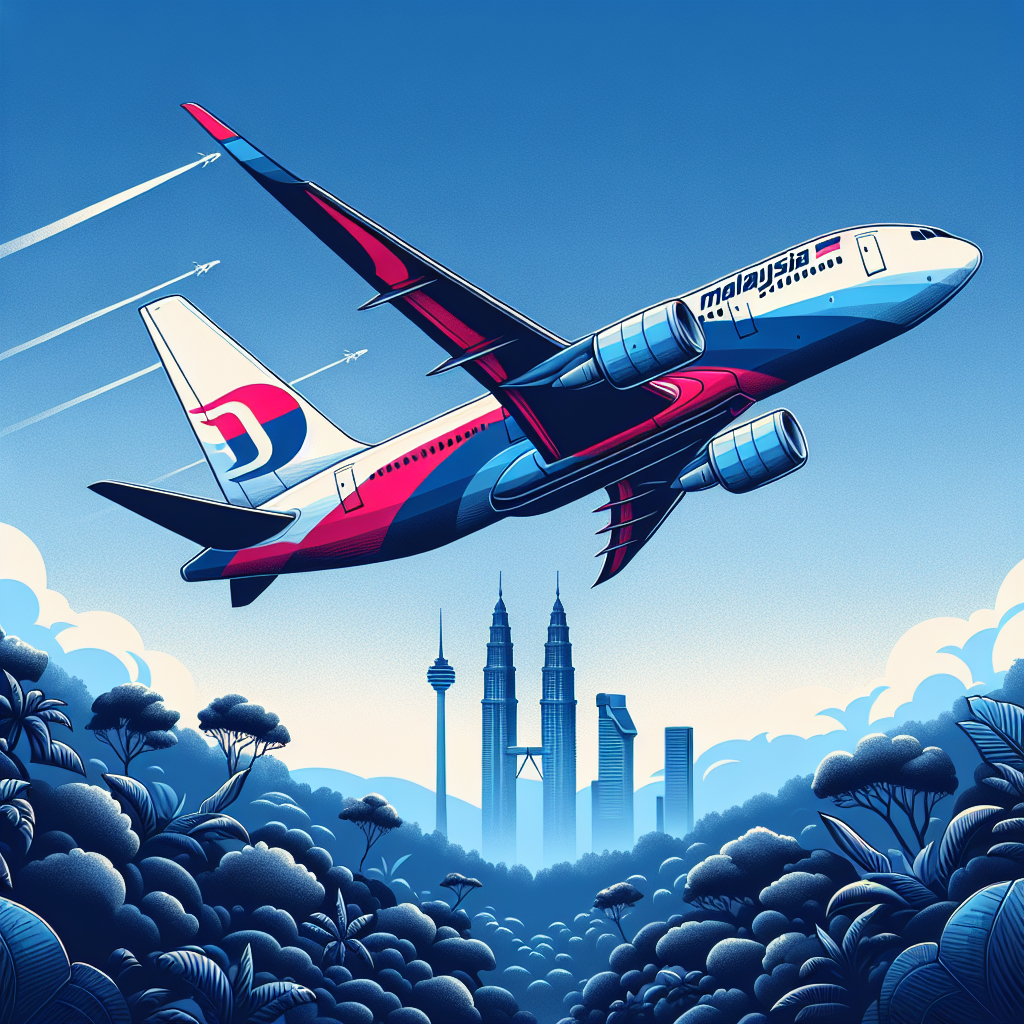Budget Airlines Struggle Amid Travel Demand Shift
The slump in travel demand due to economic shifts has hit U.S. airlines hard, particularly budget carriers like Southwest, Frontier, and JetBlue. Full-service airlines are capitalizing on premium travel demand and customer loyalty programs, outperforming budget rivals. Domestic low-cost airlines cut capacity as legacy carriers expand international routes.

Amid a significant downturn in travel demand caused by President Trump's trade policies, U.S. airlines are experiencing turbulence, especially budget carriers like Southwest, Frontier, and JetBlue. These carriers have witnessed notable declines in operating margins, contrasting with relatively stable margins at major players like Delta and United.
The economic outlook suggests further challenges as budget airlines struggle to maintain profitability. The demand for premium travel and emphasis on customer loyalty programs are giving full-service airlines a competitive advantage, reshaping the industry's landscape from previous downturns, where low-cost airlines typically outperformed.
Full-service carriers are adapting by expanding flights and offering competitive fares. Meanwhile, budget airlines slash capacity to safeguard margins, with analysts predicting that legacy airlines like Delta and United will seize market share by offering high-end services and international routes. Despite efforts to capture the premium market, budget carriers face challenges, including consumer travel cutbacks and heightened competition.
(With inputs from agencies.)
ALSO READ
Southwest Monsoon: The Lifeline of Indian Agriculture and Economy
USDOT Drops Lawsuit Against Southwest Airlines Over Delayed Flights
Stalin's Strategic Precautions for Southwest Monsoon Season
Southwest Airlines will require chargers be kept out while in use because of battery fire concerns
Tamil Nadu Braces for Southwest Monsoon: CM Stalin's Measures to Counter Heavy Rainfall










